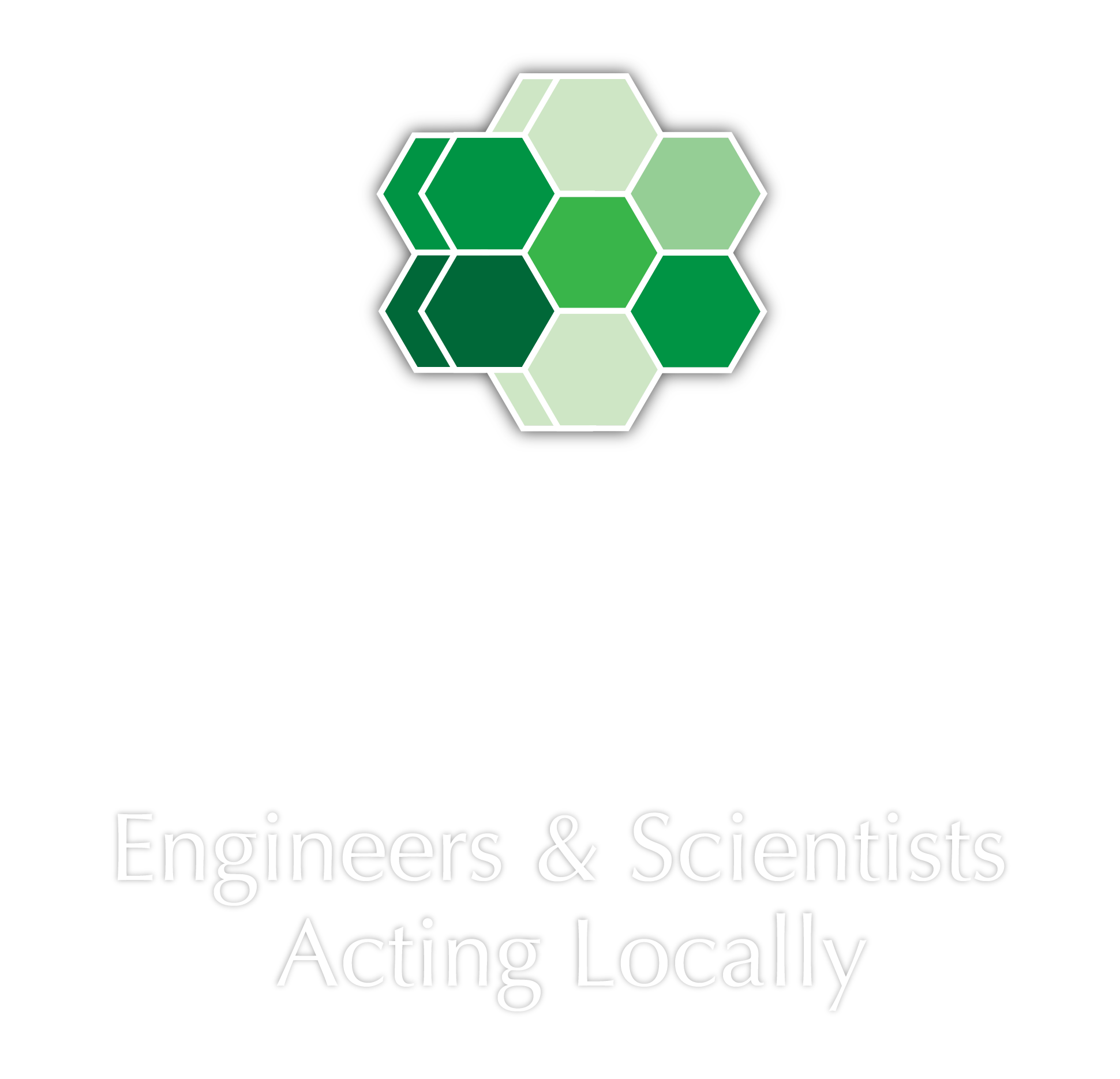While climate change is a global challenge, local and state governments are often at the forefront of developing actionable solutions. Many cities and states have created initiatives and enacted policies to cut emissions and build climate resilience. State and local government climate action plans provide detailed, strategic roadmaps for how local communities can plan for and mitigate impacts. These plans are implemented through regulatory bodies and governmental agencies that look broadly across sectors - energy, transportation, agriculture, and industry. Regardless of what level of government sets climate policy, local and state governments are responsible for its implementation, making them critical stakeholders in climate action.



